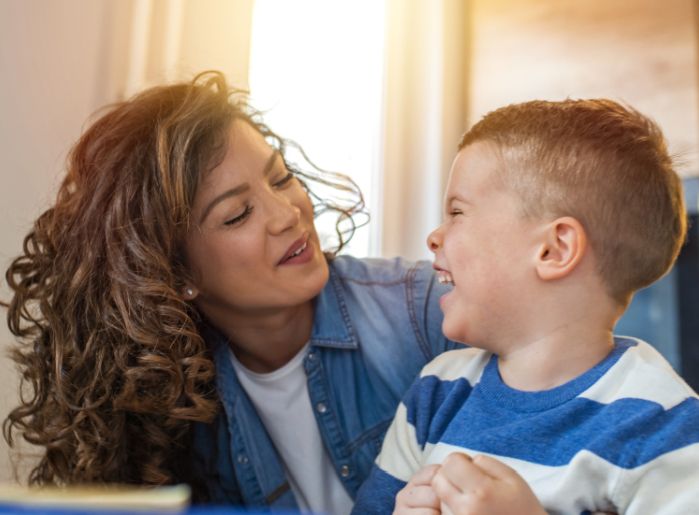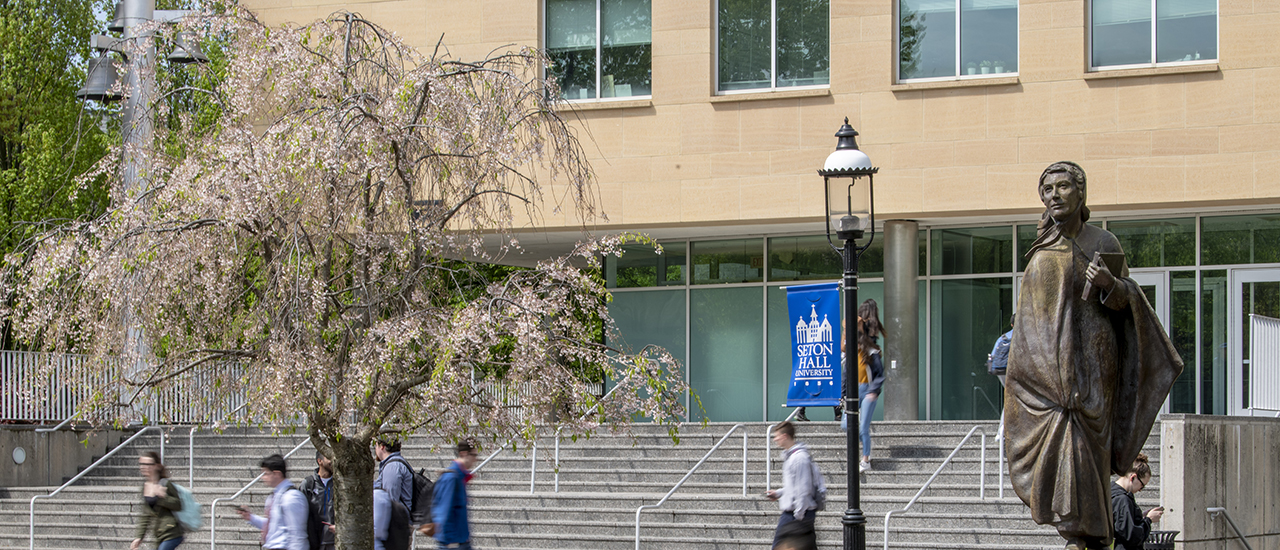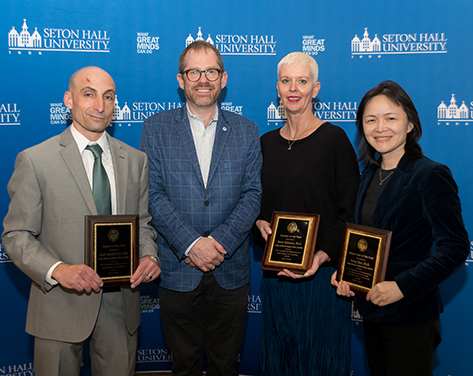College of Human Development, Culture, and Media
Pursue a rewarding career studying and treating a variety of developmental and behavioral disorders with an M.A. in Applied Behavior Analysis. Our program is designed to produce highly educated practitioners that can sit for the Behavior Analyst Certification Board examination to become a Board-Certified Behavior Analyst (BCBA).
Seton Hall’s M.A. in Applied Behavior Analysis program provides a balance between academic learning in the classroom and real-life clinical experiences. Students will learn to work with a variety of individual conditions including:
- Autism
- Developmental disabilities
- Learning disorders
- Other behavioral disorders
Graduates will also gain valuable experience working in a variety of environments,
including private practices, public and private special education schools, ABA clinics,
hospitals, residential treatment facilities, and adult service agencies. They will
also learn about the relevant laws and licensing conditions that are required for
licensure and accreditation to become a BCBA.
Accreditation & Awards

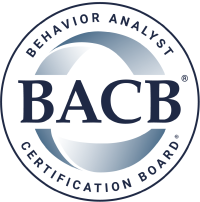

"We have a scientist practitioner model — all our students engage in research work through thesis projects and courses while working at nationally recognized ABA locations."

Admissions Requirements
All applicants must complete our online graduate application and meet the following admissions requirements to be eligible for the program:
- A bachelor's degree in education, psychology, or other related field
- A minimum GPA of 3.0 in undergraduate coursework with official transcripts
- Writing sample: A research-based paper in psychology or education of at least ten pages that was previously submitted as part of an undergraduate course. Other subject matter may be considered if the candidate has had limited prior psychology or education work.
- Two letters of recommendation
- A personal statement describing your motivation for pursuing graduate study in Applied Behavior Analysis at Seton Hall University
- A personal interview with a faculty member
BACB® examination pass-rate data are not published for sequences with fewer than six first-time candidates in a single year or for sequences within their first four years of operation.
Deadlines
-
Deadline to apply
Rolling
Curriculum Overview
The M.A. in Applied Behavior Analysis is a 42-credit program that can be completed within two years of full-time study. It contains 30 academic course credits, 6 fieldwork practicum credits, and 6 research thesis credits. Potential students must have a B.A. degree in a related field.
Students must take an introductory course on Applied Behavior Analysis, as well as other courses that outline the principles of ABA. They must also submit and defend a graduate thesis worthy of publication in a professional ABA journal within two semesters.
Courses are taught by recognized and experienced faculty members who maintain practices in ABA. Students will be able to attend class in the evenings to accommodate fieldwork hours, though some classes are taught during the day as well. There are six elective credits available for students to pursue additional learning in specialized topics.
-
24
Average Months to Complete Program
-
42
Credits for Degree
-
1,500
Required Field Hours
Career Opportunities
With a master’s degree in Applied Behavior Analysis from Seton Hall, graduates, students are well-prepared to pursue both private and public sector roles, thanks to a balanced curriculum of academic learning and in-person clinical experience.
Our graduates go on to become nationally certified and licensed behavior analysts, entering careers that are not only personally fulfilling but also financially rewarding. Many choose to open their own private practices or work in settings such as hospitals, ABA clinics, school districts, private schools and residential treatment centers. Others dedicate themselves to supporting children and adults with autism, developmental disabilities or behavioral challenges in public schools and community-based facilities.
Regardless of the path they choose, Seton Hall graduates are equipped with the clinical expertise, leadership skills and compassion needed to make a lasting impact — changing lives and advancing the field of behavior analysis.

$83,333
Average salary of a BCBA in New Jersey (Indeed)
70%
Percentage growth of BCBA job postings in New Jersey from 2023-2024 (BACB)
1:1
Academic & Career Advising
Our alumni work at the best organizations around the world.
Our Faculty and Students

Seven Study Habits to Put Into Practice Now: Tips From a Behavior Analyst
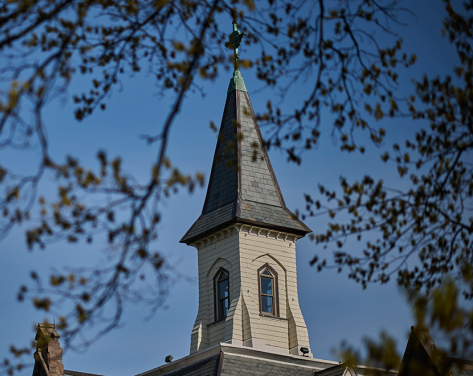
New College of Human Development, Culture and Media Launched
Scholarships & Financial Aid
Seton Hall University is committed to providing students with the most current information on how to finance their graduate degree. A graduate degree is within your reach – a variety of options can help you finance your degree including scholarships, federal aid, graduate assistantships, and more.
-
50%
Amount Scholarships Can Reduce Cost of Degree
Frequently Asked Questions
Is the M.A. in Applied Behavior Analysis (ABA) program accredited?
Yes, the ABA program aligns with the coursework requirements established by the Behavior Analyst Certification Board (BACB), preparing students for BCBA certification.
Will the ABA program prepare me for the BCBA exam?
Yes, the curriculum meets coursework requirements for the BCBA certification exam, but students must also complete supervised experience and meet BACB requirements.
Is a Master’s degree in ABA the same as BCBA?
No – the BCBA refers to one being a Board-Certified Behavior Analyst, while a Master’s in Applied Behavior Analysis is an educational degree. Some programs, like the ABA program at Seton Hall University, allow ABA graduates to sit for the BCBA certification exam with the BACB.
See all Graduate Admissions FAQs
View a complete list of graduate frequently asked questions.
Additional Resources
Post-M.A. Certificate in Applied Behavior Analysis
Dual Degree - B.S.E./M.A. with Applied Behavior Analysis
BACB
Request More Information
Loading Master of Arts (M.A.) in Applied Behavior Analysis ...
About Seton Hall


One of the country's leading Catholic Universities, Seton Hall University has been developing students in mind, heart and spirit since 1856.
Home to over 10,000 undergraduate and graduate students and offering more than 90 undergraduate programs and over 130 graduate programs, Seton Hall's academic excellence has been singled out for distinction by The Princeton Review, U.S. News & World Report and Bloomberg Businessweek.
Seton Hall's 58-acre campus in the quaint town of South Orange, New Jersey, is only 14 miles from New York City — offering students a wealth of employment, internship, cultural and entertainment opportunities. The University’s nationally recognized School of Law is located in nearby Newark, New Jersey. The Interprofessional Health Sciences (IHS) campus in the owns of Clifton and Nutley, New Jersey, houses the University’s College of Nursing and School of Health and Medical Sciences.
-
14
Miles from New York City
-
90+
Career-Building Graduate Programs


